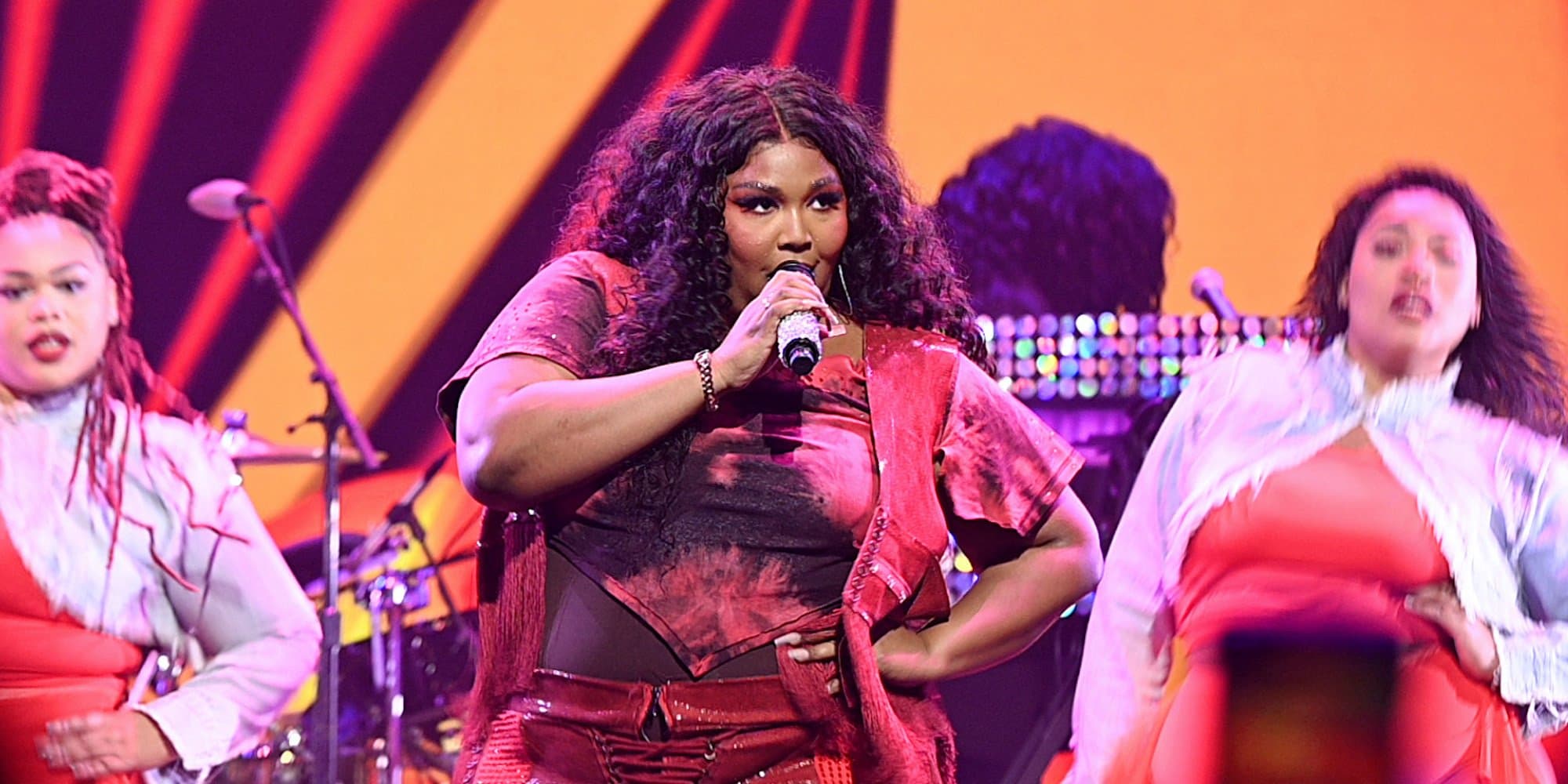Sometimes, as Lizzo says, “Truth hurts.” Even though part of being an ally is knowing that we all have unconscious biases and knowledge gaps, when we harm others, it can still be hard to face it. In the ongoing process of allyship—because it is definitely an ongoing process, not just a one-time declaration—many of us find it easier to call out others for their microaggressions and prejudices and advocate that they take accountability and make changes.
After all, you might find yourself thinking: I’m a good person! I’m not racist or ableist! If I accidentally hurt someone, I didn’t mean it. Maybe they misunderstood me or are “oversensitive.”
Cut the crap. Whether or not you’ve protested the killing of George Floyd or efforts to overturn Roe v. Wade or helped diversify your company’s hiring pipeline, you’re still capable of messing up. And when you do, it’s your responsibility, not just as an ally, but as a decent human, to take responsibility.
But what does holding yourself accountable actually look like?
Well, Lizzo just gave us a great example.
On Friday, June 10, Lizzo—a singer, rapper, flutist, and songwriter known for her positive, upbeat music and for her advocacy, particularly around body positivity and mental health—released the single “GRRRLS.”
Fans with disabilities, and disability advocates, such as Imani Barbarin—who has written for The Muse—quickly pointed out that the opening verse contained an ableist slur.
Though many people justified it by saying that the word (which we won’t repeat here) has a different connotation in different countries, Lizzo didn’t hide behind the excuse. Instead, on Monday, June 13, she posted on social media addressing the issue (more on the very important *how* in just a second).
Her response has been celebrated—including by some of those who called Lizzo out to begin with—and fans who were unaware of the word’s origin have posted about how they now know it’s harmful.
Unfortunately, no one reading this is Lizzo. (If I’m somehow wrong, Lizzo, I apologize and I love you!) But any ally can look at this as an example of what to do when we’re told we’ve messed up. And to be clear, this is just *an* example. I’m not part of the group this slur is used against, and cannot speak for them or call this a “perfect” or “great” response, though many people who are part of this community have praised Lizzo’s response.
Let’s break down Lizzo’s post and look at why it’s an example of taking accountability (and excuse me while the English major in me peeks out):
“It’s been brought to my attention that there is a harmful word in my new song ‘GRRRLS’.”
Here, Lizzo clearly states what she did wrong. This is essential for taking accountability in any situation. You always need to be clear about what you’re taking accountability for (and do it without repeating your microaggression, please!)
“Let me make one thing clear: I never want to promote derogatory language. As a fat black woman in America, I’ve had many hurtful words used against me so I overstand the power words can have (whether intentionally or in my case, unintentionally.)”
Here Lizzo acknowledges why her action was wrong and why she’s apologizing. She also mentions that such words can be hurtful whether or not they were meant that way—so she doesn’t attempt to downplay her mistake because she didn’t mean to cause harm. What’s important is that she did cause harm.
My inner English major also wants to point out the subtle use of “overstand” rather than “understand” to show how deeply she’s experienced similar harm without centering herself in the apology. You don’t need to use words in the same artful way that a Grammy Award–winning songwriter does when you’re apologizing—but you should think carefully about what you’re saying.
“I’m proud to say there’s a new version of GRRRLS with a lyric change.”
This line is what really pushes Lizzo’s response over the top. Not the words, but the action. I’m sure we’ve all read apologies where the person promises to do better in the future, but Lizzo is doing better *now.* Three days after Lizzo learned about her mistake, she’d recorded a new song and it became impossible to find the old version and hear the slur for yourself through any official channels.
I can’t pretend to know what went into this change, but it wasn’t nothing. Lizzo (and others) put in work writing and recording new lyrics and rereleasing the song to keep the slur in the original version from spreading further.
If Lizzo can rerecord lyrics to her already released single in a weekend, you can change that slide in your PowerPoint that’s accidentally offensive or stop saying that harmful word. Taking accountability means taking action, not just apologizing and saying you’ll do better in the future. If it’s something that can be made better now, make it better now.
“This is a result of me listening and taking action. As an influential artist I’m dedicated to being part of the change I’ve been waiting to see in the world.”
Now this part is mostly important because of Lizzo’s fame and reach—she’s breaking down what she did so others can follow her lead while acknowledging that she has influence. While none of your recorded Zoom meetings have more than 800 million streams on Spotify, you still have influence and your actions can set the tone for your teammates or direct reports. And like Lizzo, you can still be part of the change you’ve been waiting to see in the world.
Now let’s end with some music:

